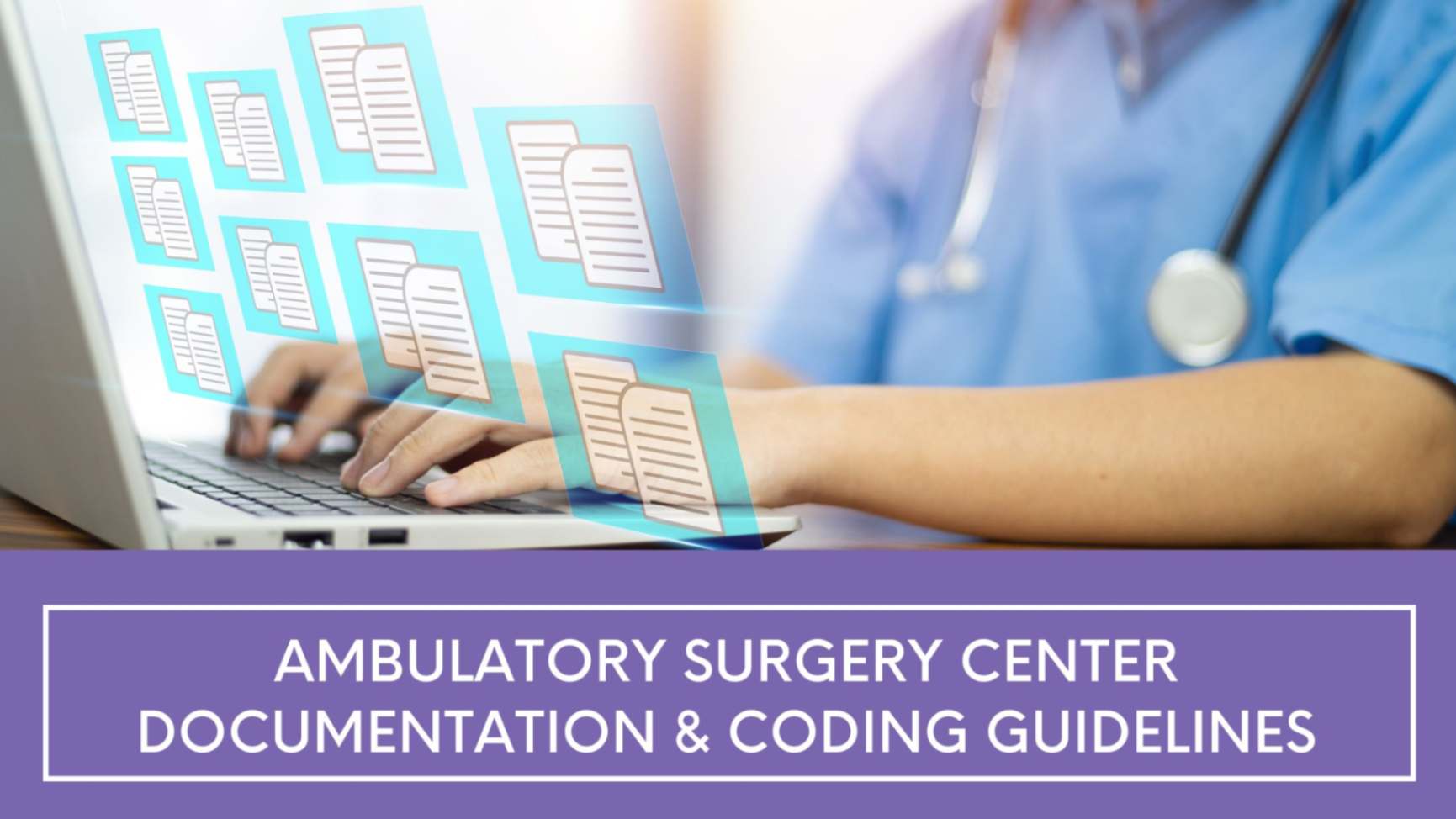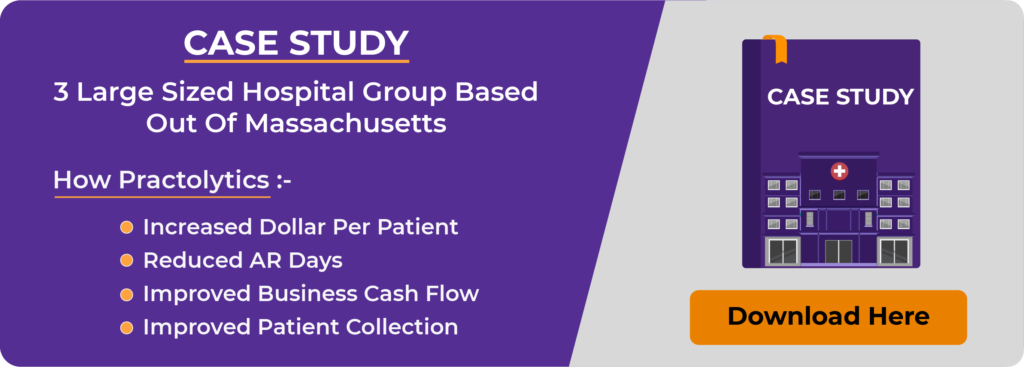Ambulatory Surgery Center Billing Guidelines
Ambulatory surgery center (ASCs) billing guidelines is tightly regulated by numerous federal as well as state-level regulations and statutes. The regulations for ASCs define everything related to ASC, including their daily operations and payment policies.
Majority of the ambulatory surgery center patients are beneficiaries of Medicare, and therefore must comply with regulations set by Medicare. ASCs must also continuously comply with other additional laws including the Health Insurance Portability and Accountability Act (HIPAA).
ASCs usually bill a majority of outpatient surgical services using CPT and HCPCS Level II codes, but some private insurance providers may also allow ICD codes to be used for reimbursements.
Table of Contents
What Are Ambulatory Surgery Centers (ASCs)?
Ambulatory surgery centers (ASCs) are facilities that are specifically designed to perform outpatient surgical procedures and are therefore also known as day surgery centers. Depending on the treatment location, and the nature of the center, billing procedures for ambulatory surgery centers (ASCs) can vary.
Although a hospital-operated facility can also provide ASC services, it must sign an agreement with the Centers for Medicare & Medicaid Services (CMS) in order to be covered by Medicare.
Guidelines for ASC Documentation and Coding
Understanding the guidelines for ASC documentation and coding can be a daunting task and requires an expert to address any deficiencies. Our team at Practolytics are well-versed with the guidelines and code sets pertaining to billing ASC services and can play a pivotal role in setting up things for your practice. In this article, we provide some brief information on the basics of ASC documentation and coding guidelines.
Ambulatory Service Center Coding and Payment
Medicare has a well-defined payment classification system for all services provided on an outpatient basis in an ASC. For any Medicare-covered service, a specific CPT code has been assigned which carries a relatively similar weightage as any other procedure performed under an outpatient APC system. Using unique ASC conversion factors, these codes are then translated to a standard flat payment.
Under these same guidelines, each claim can cover multiple outpatient procedures. Additional services integral to the actual surgical procedure including imaging can also receive coverage. However, these additional procedure charges do not fall under a separate bill but are paid in a single package system for each claim.
Furthermore, payments are not done at the same rate for each procedure if multiple procedures have been billed under a single claim. Multiple Procedure Reduction policy applies in such cases wherein the first procedure is paid at 100% of the allowed rate, while any additional procedures are paid at 50% of the standard procedure rate.
Also Read: Coding and Reimbursement Challenges in the Urgent Care Setting
HCPCS II Codes for Devices and Drugs
Healthcare Common procedure Coding System (HCPCS) II is usually used to code for devices and drugs coverage in ASC. CMS has a list of HCPCS II Devices and Drug Codes that can be used in all settings including ASC. But, when these devices are used in ASC in an outpatient setting, they must be billed jointly with Device C codes.
Medicare Certification
In order to be covered by Medicare, all ASCs must qualify for the Conditions for Coverage (CFC) certification requirements and sign an agreement with Medicare. Even for insurance provider coverage, ASCs may have to satisfy the certification requirements set by Medicare’s Conditions for Coverage. The CFC requirements contain a comprehensive list of regulations and define all aspects of ASC including patient care, facilities, and billing.
ASCs can get some further clarity in the CFC requirements using the CMS-produced State Operations Manual that reflects the contents of the CFC with more detail. ASCs also need to comply with two more appendices addressing the codes for life safety.
CPT and ICD Codes In Ambulatory Surgery Centers
The codes currently used for diagnosis, procedures, drugs, and devices in ASCs come from CPT and ICD-10-CM. However, ASCs will soon have to implement the latest updates from ICD-11 for diagnosis, when they come into effect. Medicare billing for ASCs does not require C-Codes to be used as in an outpatient setting. However, Medicare has separate rules and regulations for drug and device reimbursements.
ASCs billing to Medicare should not employ the HCPCS II codes set for devices and drugs. Each device or drug used should be reported and billed in separate lines. Coding and capturing all the services rendered to the patients in an ASC may be an overwhelming task and this is where Practolytics plays a vital role in helping practices setup the right practices for documentation, coding, and billing.
Quality Reporting
CMS has necessitated reporting of all data on measures to maintain quality requirements for all ASCs. Failure to report the quality measures can result in reduced reimbursement rate by Medicare in the future.
Ambulatory Surgery Center (ASC) documentation and coding guidelines can be overwhelming and coders who have incomplete knowledge in this field are prone to making errors in billing which in turn can result in frequent claim denials and delays in reimbursements. This can drain revenue for your practice and negatively affect income for all medical staff as well. Practolytics has been dealing with the financial aspects of ASC since many years, and our expertise can not only help minimize ASC reimbursement denial rates but we can also help in making your practice profitable.
Also Read Doctors Vs. Certified Medical Coder: Who should assign CPT and ICD codes to patient charts?
Talk to Medical Billing Expert Today — Get a Free Demo Now!







